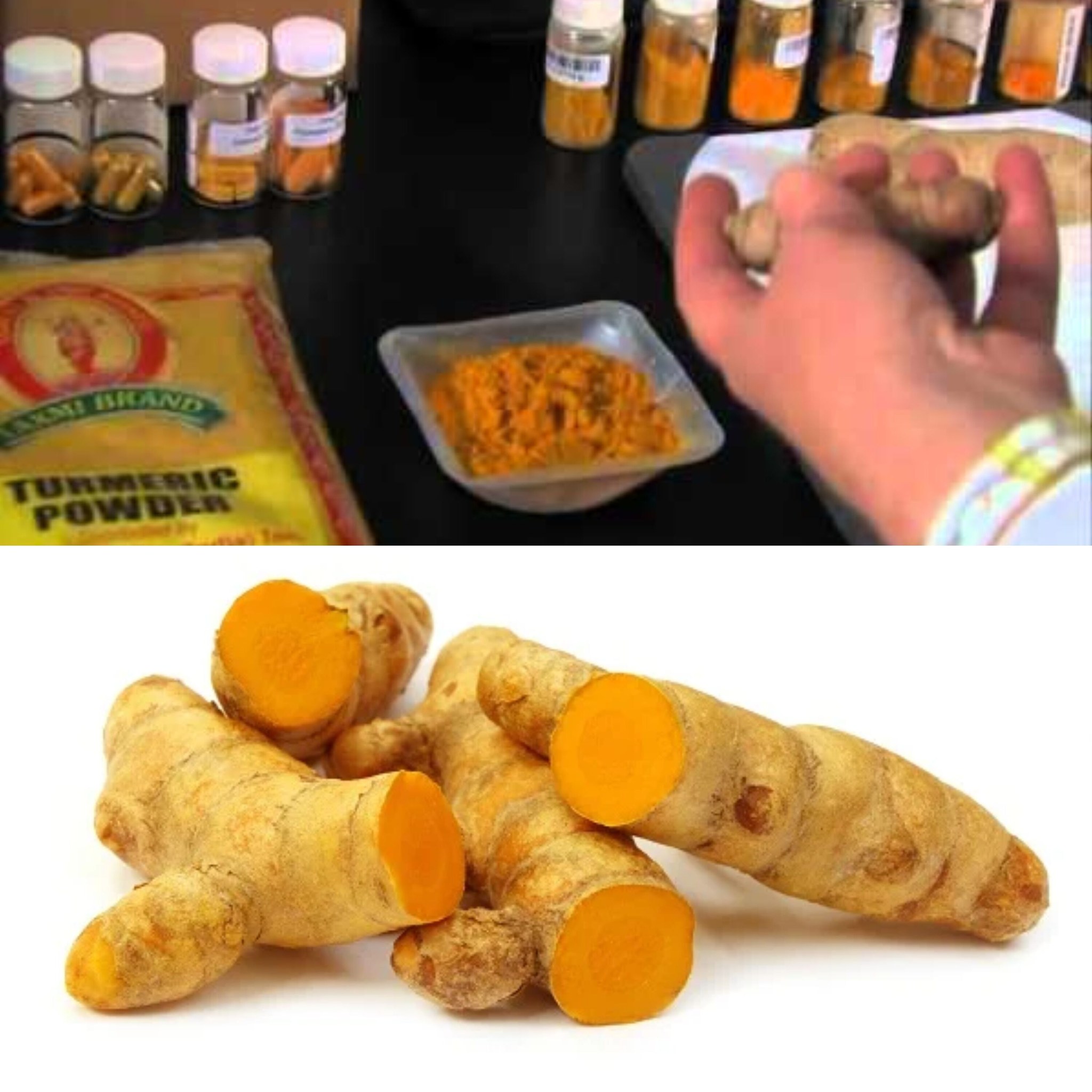Turmeric for Inflammation: How Much is Enough?
**1. The Anti-Inflammatory Properties of Turmeric
By blocking inflammatory-promoting enzymes and cytokines, curcumin, an ingredient in turmeric, has been shown to regulate the body’s inflammatory response. It is a well-liked natural remedy for problems including arthritis, digestive issues, and skin inflammation because of its effectiveness, which may be on par with certain anti-inflammatory drugs without the negative side effects.
**2. Suggested Dosage for Anti-Inflammatory Advantages of
Depending on whether turmeric is being used as a powder, extract, or raw root, different amounts are needed for different purposes.
Dietary Inclusion: Turmeric is a typically safe spice to use in cooking. For general health advantages, ½ to 1 teaspoon of ground turmeric should be consumed daily.
Supplemental Use: Turmeric extract supplements are available for stronger anti-inflammatory benefits. These are often standardized to have a greater curcumin content. Generally speaking, 100–500 mg of curcumin supplements should be taken daily; however, for some illnesses, such as arthritis, this may increase to 1,000–1,500 mg. Always refer to the label for precise dosage instructions.
Fresh Turmeric Root: It is generally advised to ingest one to three grams of fresh turmeric root every day while utilizing it.
**3. Improving Absorption of Curcumin
The body finds it difficult to absorb curcumin on its own. To improve absorption:
Combine with Black Pepper: Black pepper has a component called piperine, which may increase the absorption of curcumin by up to 2,000%. Turmeric’s bioavailability may be greatly increased by taking it with a curcumin supplement or by adding a little pinch of black pepper to meals that include it.
Take with Fats: Because curcumin is fat-soluble, it may also be better absorbed when taken with a fatty meal or in conjunction with fats like coconut or olive oil.
**4. Things to Think About and Safety Measures
Although most individuals may safely take turmeric, prolonged use of concentrated supplements or excessive dosages may result in nausea, dizziness, or gastrointestinal problems. It’s crucial to think about:
Drug Interactions: Turmeric may conflict with anti-inflammatory, diabetic, and anticoagulant treatments. If you use medicine, speak with your doctor.
During pregnancy and lactation, high-dose supplements should be avoided unless prescribed by a healthcare professional, even though turmeric may be used safely in cooking.
operation: Since turmeric might lengthen the bleeding period, stop taking large amounts of supplements at least two weeks before to any major operation.
In conclusion
When taken properly, turmeric may be a potent natural treatment for inflammation. The ideal strategy is to start with tiny dosages and modify as necessary while keeping an eye on your body’s reaction. Before beginning a new supplement regimen, it is best to speak with a healthcare provider about any particular health issues or chronic diseases. This guarantees that you may take use of turmeric’s anti-inflammatory properties without risk.

